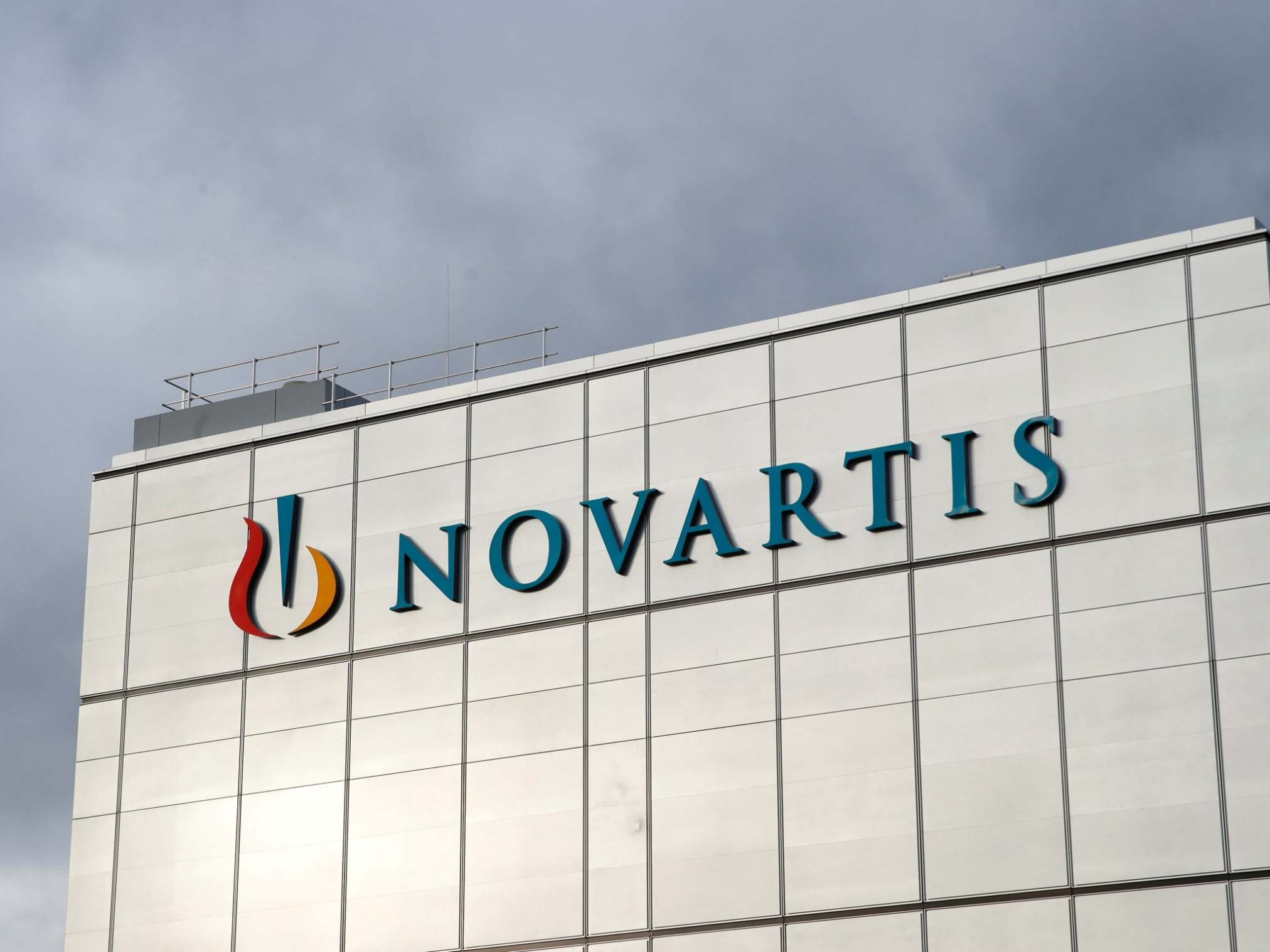World's most expensive drug to be given to children for free through lottery
Patient advocacy groups are concerned choosing 'lucky' kids isn't the right approach

Your support helps us to tell the story
From reproductive rights to climate change to Big Tech, The Independent is on the ground when the story is developing. Whether it's investigating the financials of Elon Musk's pro-Trump PAC or producing our latest documentary, 'The A Word', which shines a light on the American women fighting for reproductive rights, we know how important it is to parse out the facts from the messaging.
At such a critical moment in US history, we need reporters on the ground. Your donation allows us to keep sending journalists to speak to both sides of the story.
The Independent is trusted by Americans across the entire political spectrum. And unlike many other quality news outlets, we choose not to lock Americans out of our reporting and analysis with paywalls. We believe quality journalism should be available to everyone, paid for by those who can afford it.
Your support makes all the difference.The pharmaceutical company Novartis is planning on setting up a lottery system to give away the world’s most expensive drug for free, but patient advocates are concerned that picking “lucky” people isn’t the best way to do things.
The drug, Zolgensma, is a $2.1m treatment for spinal muscular atrophy, a rare genetic disorder that leads to children losing control of their muscles.
The lottery system — which has been called a managed access program — would establish a bi-weekly draw for babies under the age of two who live in countries where Zolgensma is not approved.
Those who are not chosen will simply stay in the program until they are no longer medically eligible.
The British advocacy group TreatSMA has expressed concern with the program, which it describes as akin to picking “lucky” kids to receive the life-saving drug over others.
“We are yet to be convinced that a health lottery is an appropriate way of meeting the unmet medical needs in this severe disease,” the group said in a statement.
AveXis, the subsidiary that developed the drug, says that the program was created in response to growing demand for the drug outside of the US, where it was approved by the Food and Drug Administration in May.
The company is still trying to register the drug in around three dozen companies.
The dosage lottery is set to start on 2 January, and AveXis has said the program was created with the advice of a “bioethics advisory committee”, and manages manufacturing constraints.
Just two drugs for spinal muscular atrophy are approved in the US. The other, called Spinraza, requires recurring doses. The first costs $750,000 for the first year, and $375,000 each following year.
Join our commenting forum
Join thought-provoking conversations, follow other Independent readers and see their replies
Comments